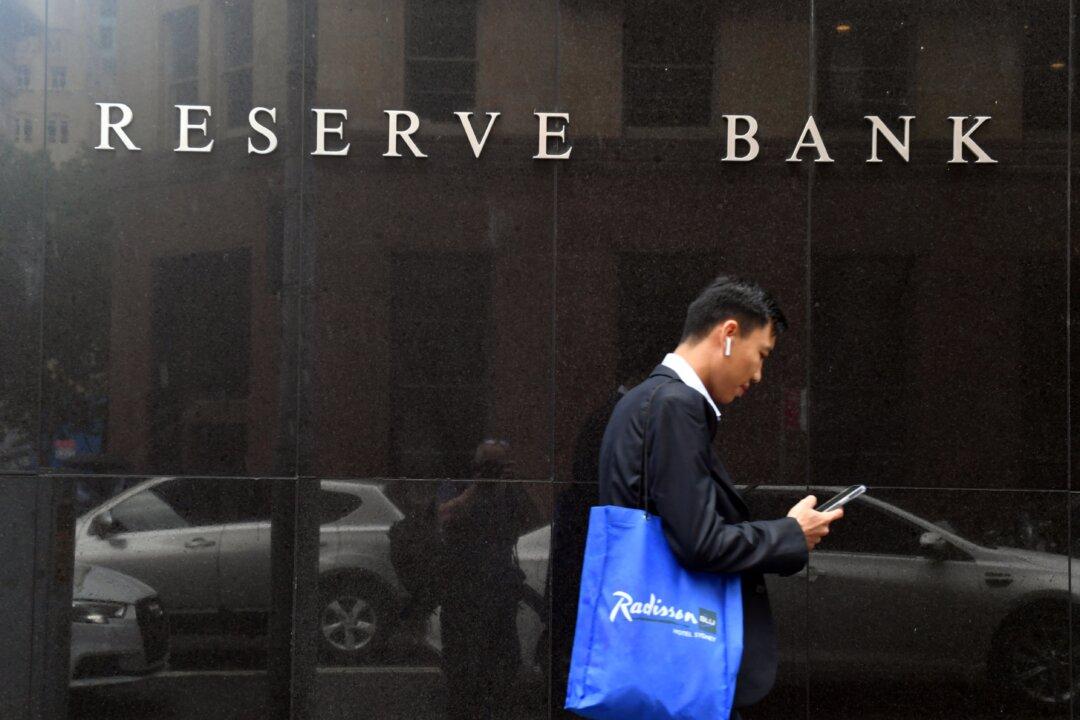Australia’s peak industry group said the country was at risk of a “death spiral” of wages, inflation, and interest rates.
“We are unfortunately in a period where we are going to see increasing interest rates if we continue to see calls for wage increases that are not sustainable,” Australian Industry Group CEO Innes Willox told Sky News Australia.





